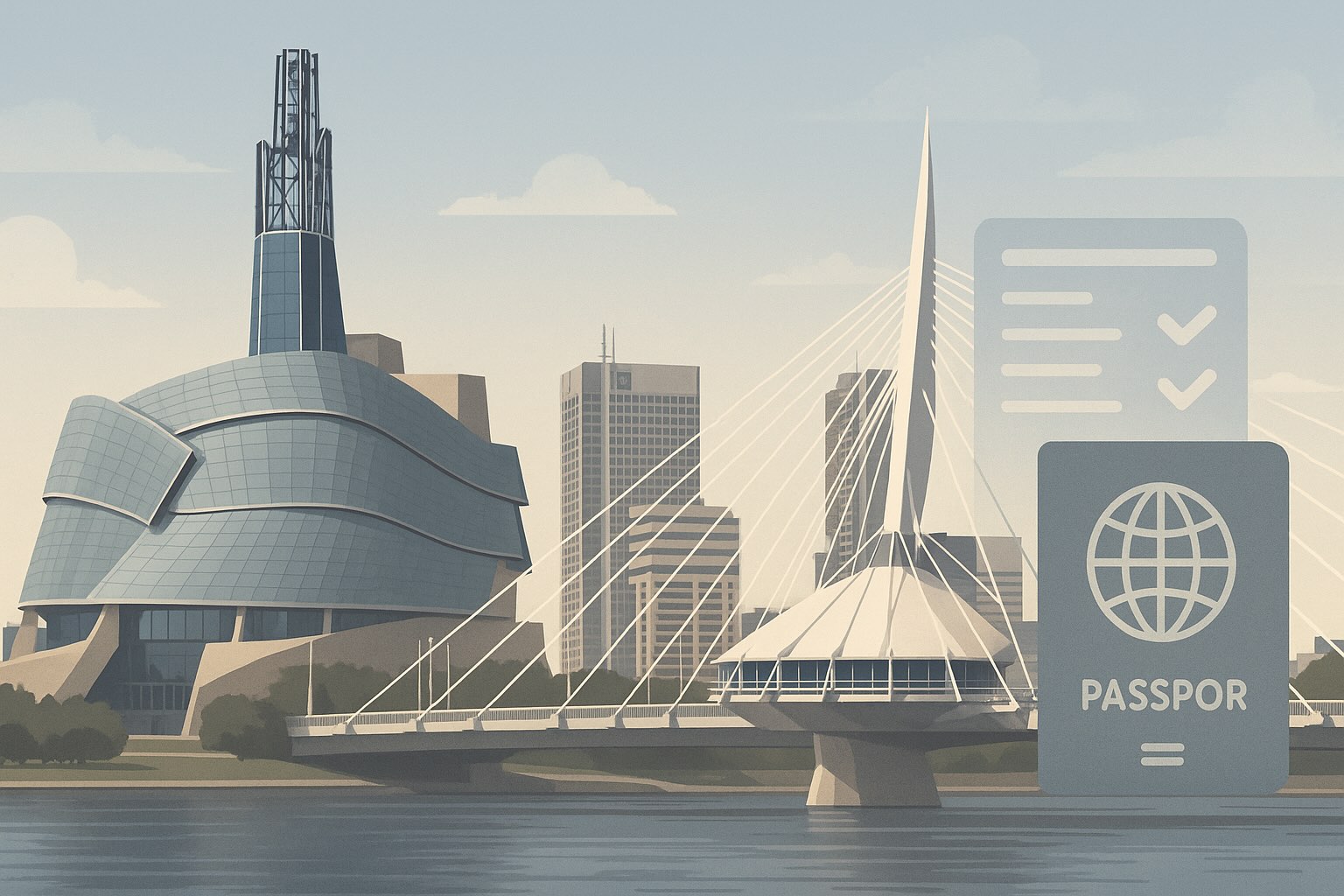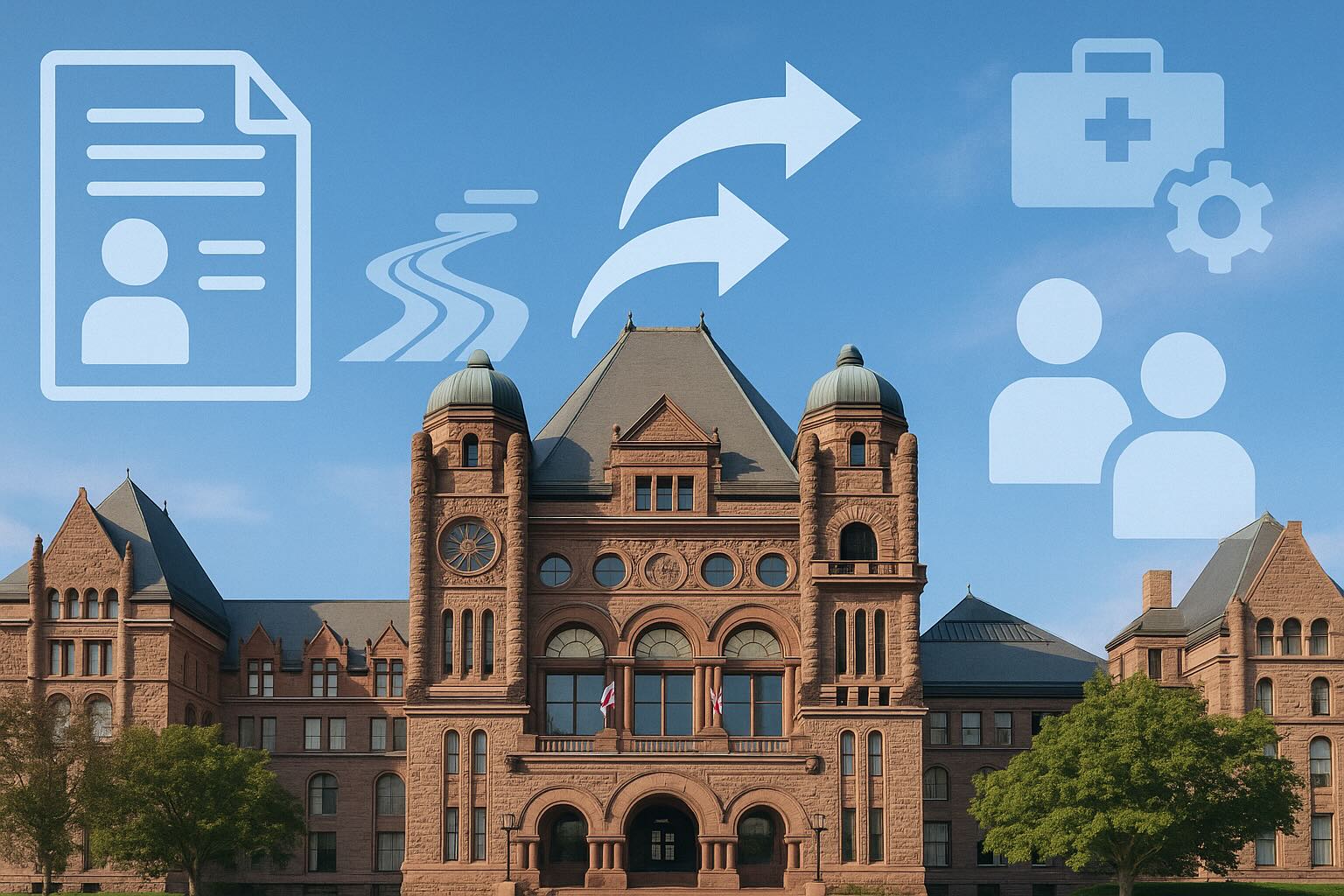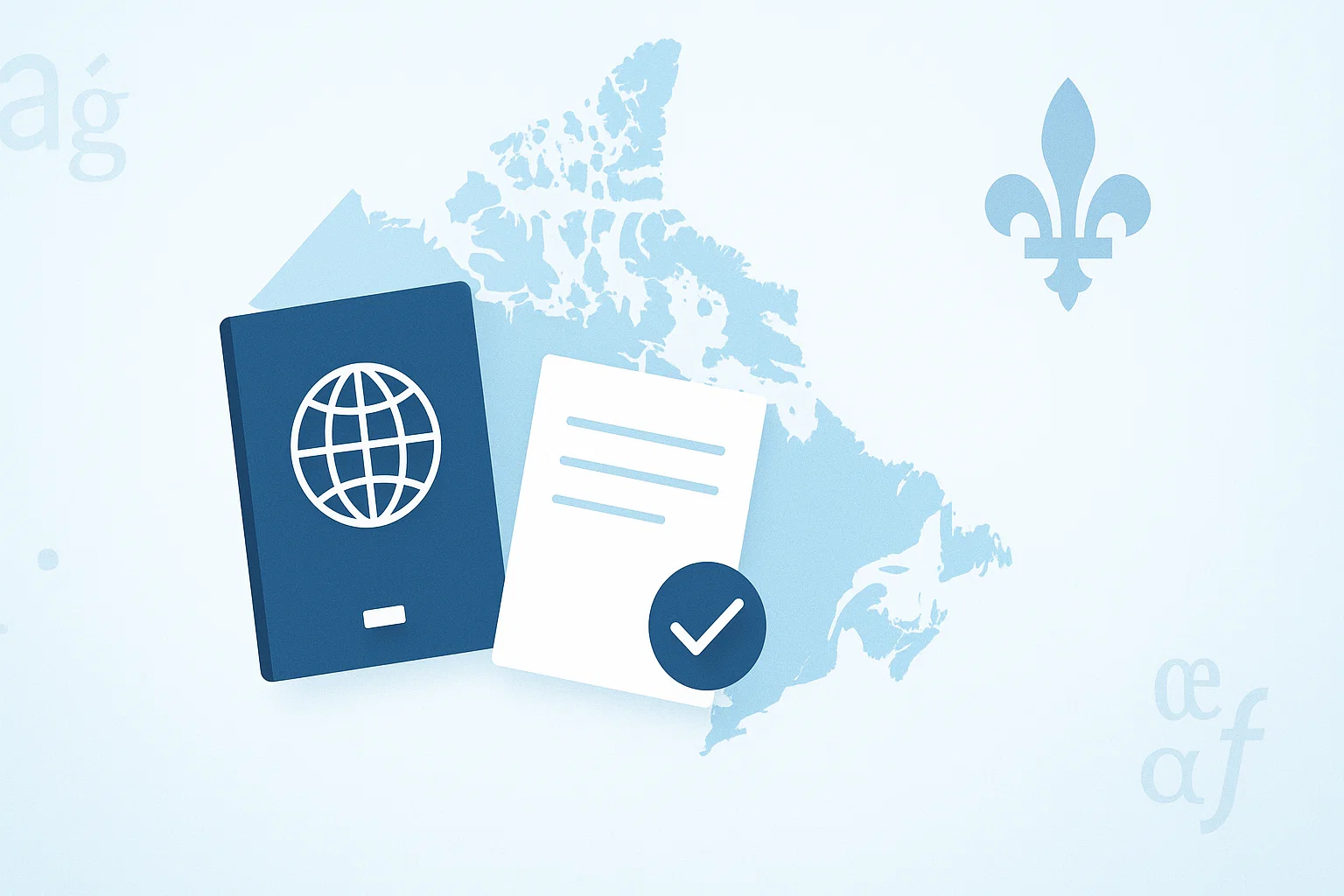
Canada Sends Positive Signals
Speaking at the Council on Foreign Relations in New York, Canadian Prime Minister Mark Carney viewed the U.S. visa policy changes as an opportunity for Canada to retain both domestically and internationally trained talent. He noted that many of Canada's excellent talents "unfortunately, most go to the United States," and stated: "I understand you're changing your visa policy. Maybe we can hang on to one or two of them."
During a visit to the UK later that week, Carney further revealed that Canada is developing a "clear offering" for tech workers from relevant source countries who might have otherwise considered applying for U.S. H-1B visas.
Sudden U.S. Policy Shift Triggers Chain Reaction
President Trump's sudden announcement of a $100,000 application fee for new H-1B visa applications caught many tech companies and skilled workers off guard. Although the White House stated that current H-1B holders would not be affected, immigration experts expect the policy to face legal challenges.
This abrupt shift is widely seen as a deterrent to foreign university graduates hoping to remain in the United States. An estimated 95,384 international graduates completed STEM degrees and received employment authorization through the STEM Optional Practical Training (OPT) program in 2024—typically a critical prerequisite for H-1B visa applications.
Historical Precedent: The Quick Depletion of Quota Slots
Canada is not without precedent in this area. In July 2023, Ottawa launched a work permit program specifically targeting H-1B holders in the United States, offering 10,000 open work permits valid for three years. The program was fully subscribed in less than 24 hours, with thousands of eligible applicants unable to submit applications due to quota exhaustion.
Immigration experts advise that individuals currently considering U.S. H-1B visa applications should closely monitor Canadian policy developments and prepare application materials in advance to ensure they can submit before quotas are exhausted when the Canadian government announces new pathways.
Expert Call: Canada Needs to Act Quickly
Immigration experts and business groups believe Canada faces a golden opportunity to position itself as an ideal destination for affected talent. Build Canada, a non-profit organization focused on economic growth, stated in a memo released this week that "hundreds of thousands of highly skilled, highly paid H-1B professionals are seeking a new home." The organization argues that Canada's geographic advantages, time zone alignment, high quality of life, and excellent research capabilities make it a "natural destination."
This shift has historical precedent. A 2020 study by the National Bureau of Economic Research found that previous H-1B restrictions prompted U.S. multinational companies to shift hiring to countries like Canada. The study noted that Canada's more open immigration policies helped companies retain key employees overseas.
Policy Must Match the Moment
While the 2023 program received an enthusiastic response, it remains unclear how many people ultimately relocated to Canada. Lawyers report that some clients chose to relocate after encountering difficulties renewing their U.S. status.
However, long-term success depends on more than just work permits. Experts point out that if Canada wants to remain competitive in attracting this labor cohort, it must streamline permanent residence pathways.
University of Waterloo economist Mikal Skuterud stated: "There's potential for Canada for sure, but we shouldn't overstate it."
Canada also faces structural challenges, with delays in permanent residence application processing remaining a persistent concern.
Government Response and Available Options
Immigration, Refugees and Citizenship Canada (IRCC) has not yet announced a new dedicated stream in response to H-1B policy changes. The department has highlighted several existing pathways:
- Express Entry System: Immigration program for skilled workers
- Global Skills Strategy: Provides expedited work permit processing
- Provincial Nominee Programs: Multiple provinces have nomination programs targeting tech talent
IRCC stated it will continue to "identify new solutions to attract the world's brightest and best."
Application Recommendations
If Canada launches a new H-1B-related program, experts predict application demand will again exceed available spots. Recommendations for interested applicants:
- Closely monitor policy updates from Immigration, Refugees and Citizenship Canada
- Prepare all necessary documents in advance
- Submit applications as quickly as possible after program launch announcements
- Consider simultaneously preparing application materials for existing pathways as backup options









